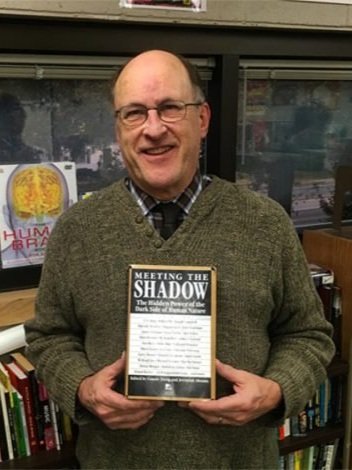A Call for Readings
By Bill Bornschein | June 2, 2013
One of the best things about working with Becker in the classroom is that it provides such a great resource for continually seeing him anew through the eyes of students. They bring a fresh world of experience to the eternal dilemma Becker raises. My own teaching practice has gradually shifted away from explaining Becker toward allowing the students to respond to their initial exposure to Becker. Actually engaging a discrete, distinct component of Becker’s thought in a direct and powerful way can open the door for student to follow up, not just intellectually, but existentially. This post is concerned with using Becker in the classroom and will conclude with a request that you suggest readings from the Becker canon that can be used effectively. Socratic method is the vehicle I am experimenting with and a brief word about the technique is in order. I am new to the formal technique myself and realize many colleagues may be more experienced, and so I welcome input on that front as well.
Socratic method has as its goal the exercise of the mind in the pursuit of understanding. The purpose is not to come up with a final correct answer, but rather to engage a multi-layered idea, one open to interpretation and resistant to pat answers. How perfect. The entire sweep of Becker’s illuminating work is to ask the next question and avoid the easy out, and therefore it is genuinely compatible with the Socratic goal. For those of you familiar with Robert Pirsig’s Zen And The Art Of Motorcycle Maintenance, this is approaching Becker in pursuit of The Good, rather than The True. Dialogue, rather than debate, is the vehicle for in-class conversation and this allows the idea in question to be held like a jewel to the light, the different facets on display. The endorphin rush of a great conversation or moment of insight can “set the hook” for further work with Becker in the classroom; “Hey class, remember that conversation we had a while back?”
The key to a good Socratic dialogue is the selection of the specific reading, piece of art or music to be worked with. Length can be from a couple lines to a couple paragraphs. The reading should be open to interpretation with layers of meaning to be explored. The topic should be broad and of existential significance, that is, something the students care about. Something that really challenges or moves people is best. As examples, I’ve used the Edwin Arlington Robinson poem “Richard Cory” and entry #49 from the James Carse book Finite And Infinite Games. One great way to judge a given reading for its utility is to see if you can ask a really good question of the text. Does the text raise more questions than it answers? A question that you yourself struggle with would be best of all.
So would you consider reviewing your mental catalogue of favorite Becker passages and sending them to me in the comments section? I’m most familiar with Denial of Death and Escape From Evil, but anything at all is fine— and that includes Kierkegaard, Rank, and Leichty. I am very hopeful that we can generate a decent handful of readings that we can use to introduce Becker to a broader audience. Thanks in advance for your insight and assistance.

